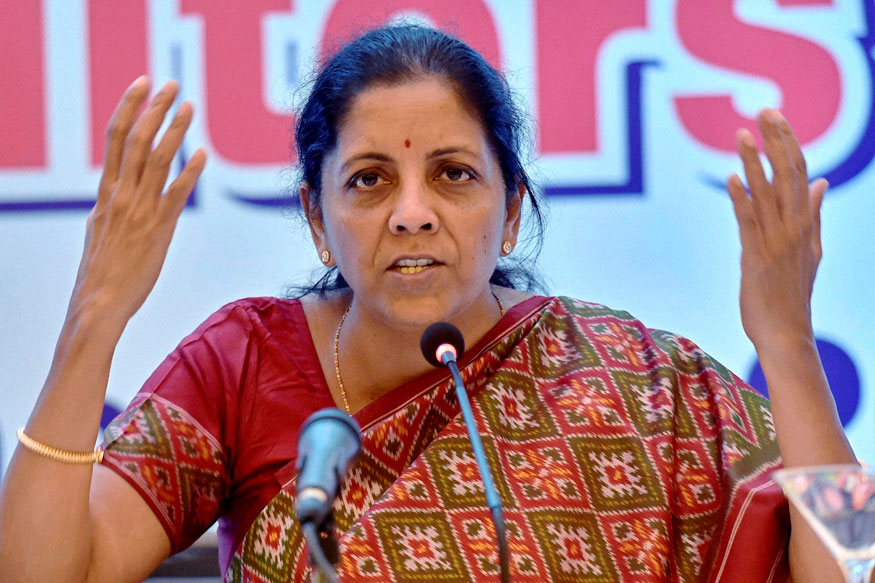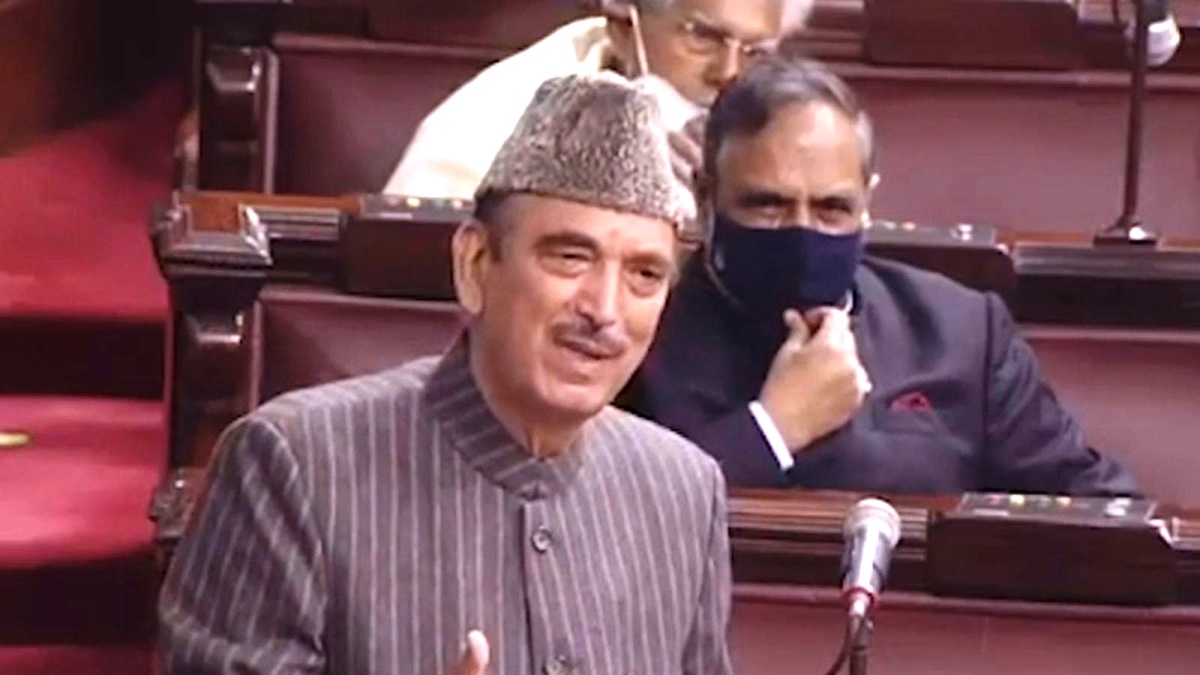The judgment by Mr Justice Husnain Masoodi in Mohammad Naseem Bhat V/S Bilquees Akhter case passed in April 2012 has evoked a lot of interest and response. While the clergy is busy fault finding in the verdict, Kashmir High Court Bar Association has filed a petition for rehearing. In fact, former high court judge Justice Bashir Ahmad Kirmani initiated the process by filing a petition for rehearing, a plea that has been accepted, already. Given the public interest involved with the issue, Kashmir Life is reproducing part of the rehearing petition with special thanks to petitioner, retired Justice B A Kirmani. Here it follows:
“…..
May it please your lordships,
The applicant submits as under:-
1/ That while deciding the aforesaid petition under section 561-A CrPC in terms of order dated 30-4-2012, the Hon’ble Court in para 26 and 27 thereof has held as under:-
“…..
26. From the above discussion, it emerges that a husband to wriggle out of his obligations under marriage including one to maintain his wife, claiming to have divorced her has not merely to prove that he has pronounced Talaak or executed divorce deed to divorce his wife but has to compulsorily plead and prove:
(i) that effort was made by the representatives of husband and wife to intervene, settle disputes and disagreements between the parties and that such effort for reasons not attributable to the husband did not bear any fruit.
(ii) that he had a valid reason and genuine cause to pronounce divorce on his wife.
(iii) that Talaak was pronounced in presence of two witnesses endued with justice.
(iv) that Talaak was pronounced during the period of tuhr (between two menstrual cycles) without indulging in sexual intercourse with the divorcee during said tuhr.
27. It is only after the husband pleads and proves all the above ingredients that divorce—Talaak, would operate and marriage between the parties would stand dissolved so as to enable husband to escape obligations under the marriage contract, including one to maintain his wife. The Court in all such cases would give a hard look to the case projected by the husband and insist on strict proof.
……………………..”
………………….
2/ That the aforesaid observations having far reaching consequences, therefore, the matter deserves to be re-heard on the following points:-
a) That the judgment touches upon some very crucial questions of the family law applicable to a vast majority of the population of State and is likely to operate in a wide area, in its given texture requires thorough second look.
b) That while determining certain basic facets of “Talaaq” under Muslim Law, the judgments limits consideration of the subject in fullness, leaving certain elements integral thereto out of its purview, rendering the findings inapt and hence open to mis-application.
c) That while pronouncing upon different aspects of the subject, the judgment by necessary implications over reaches into certain such areas of Muslim Law, as are well beyond the purview of Shariat Act, hence overflowing permissible contours, yielding possibility of jurisdiction conflict.
d) That interpretation of some of the provisions of the source of Muslim Law as contained in the judgment does not fully tally with the intent and import thereof, leaving it open to mis-interpretation.
e) That the sequence, subtext and the background of the material quoted in the judgment is not fully reflected in the narrative forming its core.
3/ That for the aforesaid reasons which will be further elucidated at the time of hearing, this application deserves to be allowed and the case be re-heard.
4/ That the Hon’ble Court is a court of record as envisaged by Article 215 of the Constitution of India read with section 94 of the Constitution of Jammu & Kashmir State. The High Court, as a court of record has a duty to itself to keep all its record correctly and in accordance with law. If any apparent error is noticed by the High Court in respect of any order passed by it, it has not only the power but a duty to correct it. In that view of matter, the Hon’ble court has the power and jurisdiction to re-hear the matter so that the grievance projected in this petition is redressed.
…………
……………………………….
Srinagar: Applicant
8th Nov. 2012















